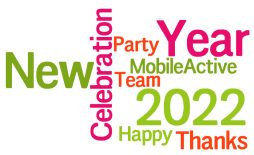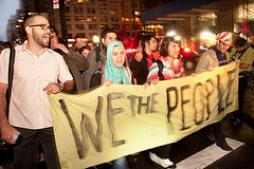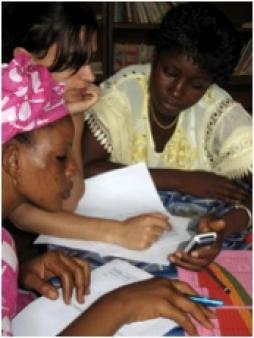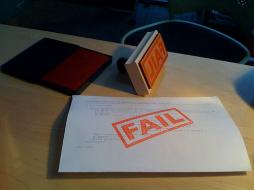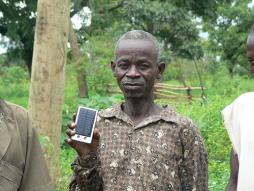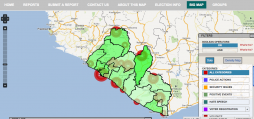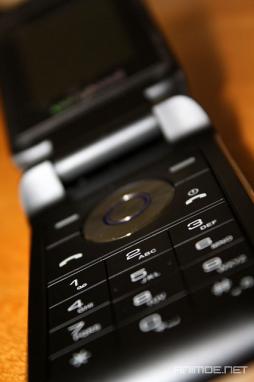Refugees often experience a compound trauma: The situation that caused them to flee in the first place, as well as the fact that many families become separated during migration. For refugee's health and well-being and ability to resettle, it is vital to know the whereabouts of relatives, their safety, and their ability to remain in contact. Today, mobile phones are the most important technology for refugees to find relatives and remain in contact.
The Forced Migration Review Issue 38, The Technology Issue covers technologies for refugees in particular. Two chapters shine a light on the use of mobile phones among refugees, as well as some of the problems with this tech to find and contact family member such as issues of security, and accessibility.
Phoning Home
Drawing from a workshop with refugees, their advocates, NGO staff, and researchers, "Phoning Home," by Linda Leung examines refugees' ways of remaining in contact with family elsewhere. As a companion piece to the University of Technology Sydney research paper,Technology's Refuge that analyzes ways in which refugees use communication technologies, Leung describes the barriers to refugee usage of mobile phones.
